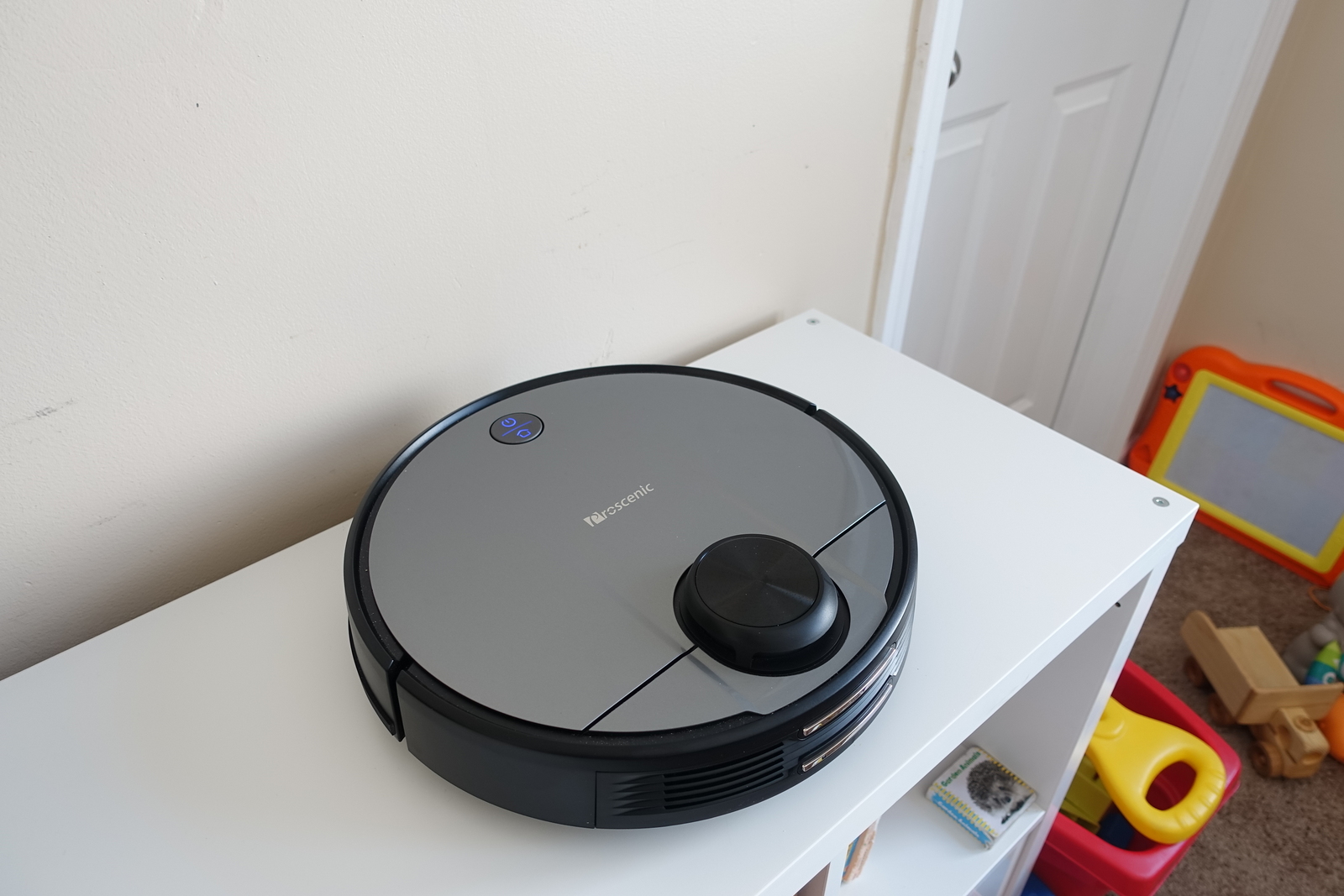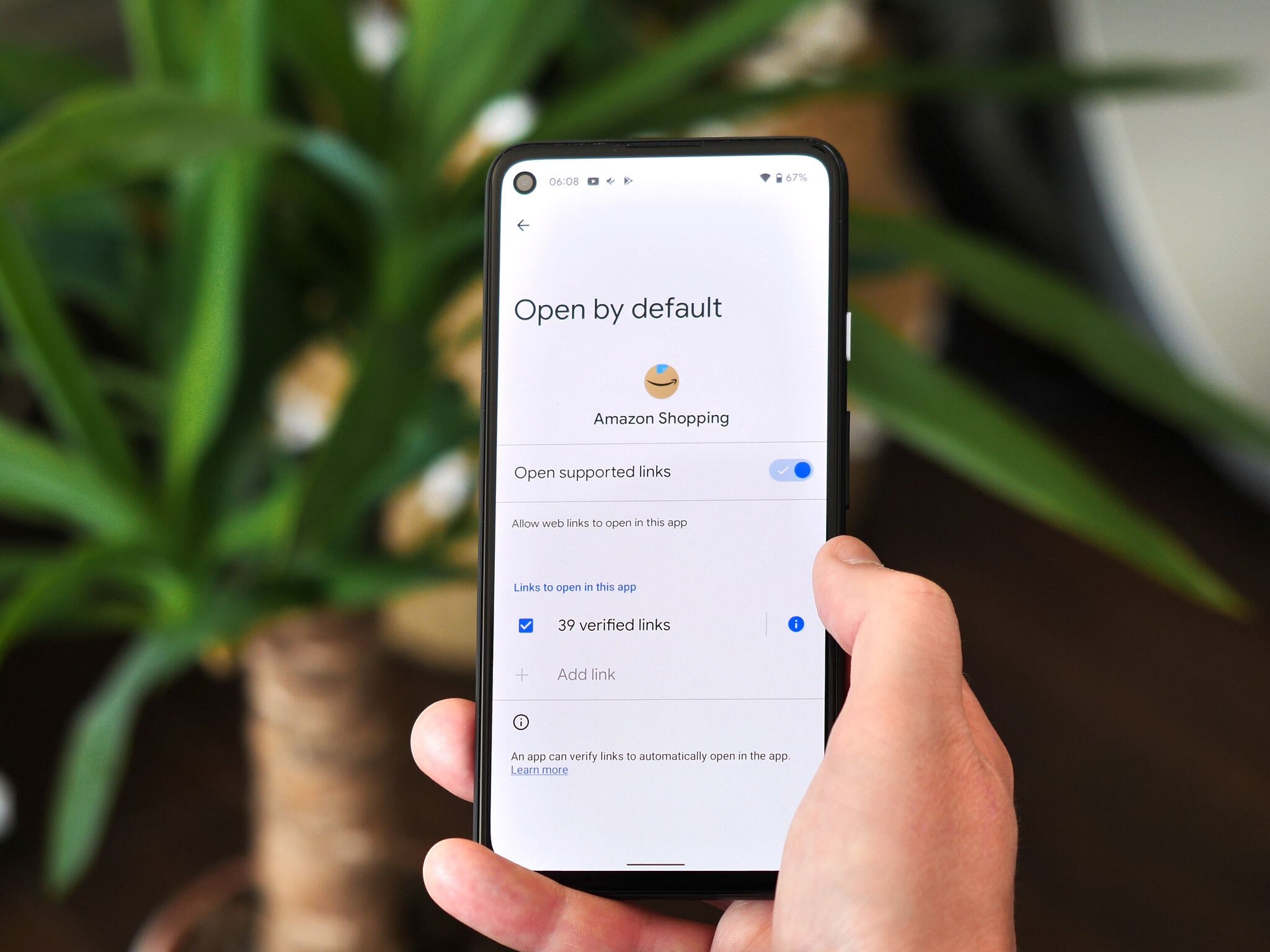Apple And Google Face App Makers Who Say They Are Afraid Of Them - Android
According to CNBC app makers told congress they are afraid of Google and Apple. These app makers are the ones who rely on mobile distribution from both companies. These same app makers are now saying they are scared of how much power giants like Google and Apple have. The testimony was given on Wednesday April [...]
Read More...
The post Apple And Google Face App Makers Who Say They Are Afraid Of Them appeared first on Android Headlines.

According to CNBC app makers told congress they are afraid of Google and Apple. These app makers are the ones who rely on mobile distribution from both companies. These same app makers are now saying they are scared of how much power giants like Google and Apple have.
The testimony was given on Wednesday April 21. Match Group Chief Legal Officer Jared Sine says that “We’re all afraid.” He said this to Sen. Amy Klobuchar, D-Minn., and the chair of the Senate Judiciary subcommittee on antitrust.
This hearing saw representatives from Apple and Google coming face to face with some of their outspoken critics. These critics include Match Group, owners of Tinder, Tile which is the maker of devices that help you find lost items, and Spotify.
App makers are unsettled by the amount of power Apple and Google have. These apps rely on the App Store and the Google Play Store to get their apps to users around the world. The app makers are worried that Apple and Google can easily undercut them by making small changes to their app store rules.
Google and Apple charge high fees that hurt app makers
In addition to this, app makers also complain of high fees for in-app purchases and unclear enforcement of standards. Various executives are saying that both Apple and Google are threats to their business. Jared Sine says that Google called Match Group on Tuesday night after his testimony. According to him, Google called to ask why his testimony differed from the company’s comments in their latest earnings.
Match Group’s earnings call saw executives saying that they believe they were having productive conversations with Google. The conversations were focused on Google’s 30% in-app payment fee it charges through its Google Play Store.
However in its testimony, Match said that Google had made “false pretenses of an open platform” and complained about its “monopoly power.” Google’s senior director of public policy and government relations, Wilson White, believes employees of Google called to ask an honest question. He said that he did not view it as a threatening call.
Allegations of threats and retaliation
He continues on to say “ we would never threaten our partners” because Google needs app developers to use its app store in order for it to be successful. According to Sen. Richard Blumenthal, D-Conn., the call was “potentially actionable.”
Spotify Chief Legal Officer Horacio Gutierrez says he can think of “at least four clear examples of threats and retaliation.” According to him, Apple retaliated after Spotify decided to speak out about alleged anticompetitive behavior and Apple’s developer fees.
These threats include removing Spotify’s app, refusing to promote it, and waiting for months for minor app updates to be approved. He goes on to say “they’ve basically thrown the book at us in order to make it hard for us to continue to sustain our decision to speak up.”
It isn’t just Spotify complaining about the fees gatekeepers like Apple and Google charge. Gutierrez made complaints of what he calls Apple’s “gag order.” This according to him is how Apple dictates how Spotify can communicate with its own users about how to upgrade to a paid plan.
Spotify can’t promote its paid plans via its app
For example, Spotify customers can only upgrade to a paid plan outside of its iOS app. This is done to avoid Apple’s 15-30% commission fee on digital services purchased through the App Store. However, since Spotify does not allow this Apple will not let the company promote its paid plans via the app.
The real kicker is that Apple Music is promoted by Apple. This is a competing service that has no restrictions as Spotify has. According to Gutierrez, this gives Apple an unfair advantage. But, Apple and Google did not sit back and just listen.
Both companies say that the fees they charge developers are to cover costs that go into distributing apps. Kyle Andeer, Apple Chief Compliance Officer, made a comparison to Apple’s services and how app makers had to distribute their apps prior to the App Store.
He says that the original way app makers did this was a cumbersome and expensive process. Wilson White cast the group as a set of “small but vocal” representatives of primarily large companies.” He says that he worries that they could “damage the very foundation that has allowed the Android open source ecosystem to work so well for a much larger set of small and medium-sized businesses” by trying to satisfy their complaints.
Besides the fees Apple charges, app developers worry about Apple rival products and apps. One example of this is Apple’s recently launched AirTags which compete directly with Tile. General Counsel Kirsten Daru says that in order to access precise location data from Apple “we have to give Apple unprecedented control over our business and direct customers to the Find My app to find their lost items.”
Arbitrary rules delay features and can take a while to solve
However Andeer from Apple says AirTags are a separate product from Tile. How Apple enforces its app store rules seem arbitrary and delay the launch of key features according to the app makers. According to Sine, Apple may tell developers which rules are violated, but not how to fix the violation.
For example, Match Group tried to submit a version of its app with a feature aimed at protecting LGBTQ+ users. The feature would notify these users when they were in a country where they could be at risk. This risk could be for exposing their sexuality or gender identity.
Sine goes on to say that it took two months to solve the issue. In these two months it was only solved after a conversation between Match Group’s owner, IAC, and Apple. Mike Lee, R-Utah asked Andeer to differentiate between why Tinder may incur a commission but not Uber.
Andeer explains this by saying, an Uber customer is paying for a non-digital service. This non-digital service is to get a car to show up to their house. However, users do not expect the same return from Tinder according to Andeer. He says that would be a different service. He seems to insinuate this would be in relation to sex work.
The app makers say they rely on the app stores because it gives them access to a lot of customers. However, it is not the perfect relationship that both Apple and Google make it seem like.
According to Gutierrez, “we are not successful because of what Apple has done, we have been successful despite Apple’s interference. And we would have been much more successful but for their anticompetitive behavior.”
The post Apple And Google Face App Makers Who Say They Are Afraid Of Them appeared first on Android Headlines.
23/04/2021 09:42 PM
Proscenic M6 Pro Review - missing the mark
23/04/2021 06:04 PM
Android 12 Developer Preview 3 hands-on - Verified links to the rescue
23/04/2021 08:08 PM
This week's best deals - $100 off the Mac Mini M1 and more
23/04/2021 05:30 PM
These Chromeboxes provide years of updates and small footprints
23/04/2021 06:00 PM
13 temporarily free and 51 on-sale apps and games for Friday
23/04/2021 03:21 PM
Google Fi Simply Unlimited plan introduced
23/04/2021 02:30 AM
The RedMagic Watch is now on sale for $99/£89
23/04/2021 06:00 PM
Apple's 256GB MacBook Air M1 is down to an all-time low at Amazon
23/04/2021 11:55 AM
- Comics
- HEALTH
- Libraries & Demo
- Sports Games
- Racing
- Cards & Casino
- Media & Video
- Photography
- Transportation
- Arcade & Action
- Brain & Puzzle
- Social
- Communication
- Casual
- Personalization
- Tools
- Medical
- Weather
- Shopping
- Health & Fitness
- Productivity
- Books & Reference
- Finance
- Entertainment
- Business
- Sports
- Music & Audio
- News & Magazines
- Education
- Lifestyle
- Travel & Local







